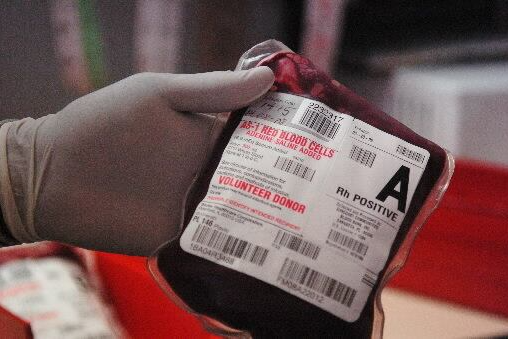
A new initiative aims to reduce transplant rejection risks by matching both blood type and white blood cells for kidney patients.
In an effort to reduce the chances of kidney transplant rejection, scientists are introducing a new approach where blood donations for kidney transplant patients will be matched not only by blood type but also by white blood cells. This “double matching” method is part of a six-month pilot program at Hammersmith Hospital in London, which, if successful, could be expanded nationwide.
Kidney transplant patients often require blood transfusions before or after their surgery, with about two in five patients needing such support. However, these transfusions can cause patients to develop antibodies, which can target the newly transplanted kidney, increasing the risk of rejection. To prevent this, NHS Blood and Transplant (NHSBT) will match blood to the patient’s white blood cell type, or HLA type, which plays a crucial role in the immune system’s response to foreign tissue.
Dr. Colin Brown, a clinical scientist with NHSBT, explained that this new method aims to avoid the sensitization that can make future transplants more difficult. He hopes that, if successful, this initiative could save up to 100 kidney transplants each year.
For individuals like Gemma Louis, who has faced an extended wait for a transplant due to sensitization from previous blood transfusions, the new approach provides hope. Similarly, Alisha Gorkani, who has spent years waiting for a kidney transplant due to antibodies from previous transfusions and a past transplant, also sees the potential benefits of this new matching method.
With nearly 6,000 people currently waiting for kidney transplants in the UK, this initiative is seen as a crucial step in improving outcomes for those on the transplant list.










